Background
Mason was born om May 15, 1909, in Huddersfield, in the West Riding of Yorkshire. He was the son of Mabel Hattersley (Gaunt) and John Mason. His father was a wealthy textile merchant.

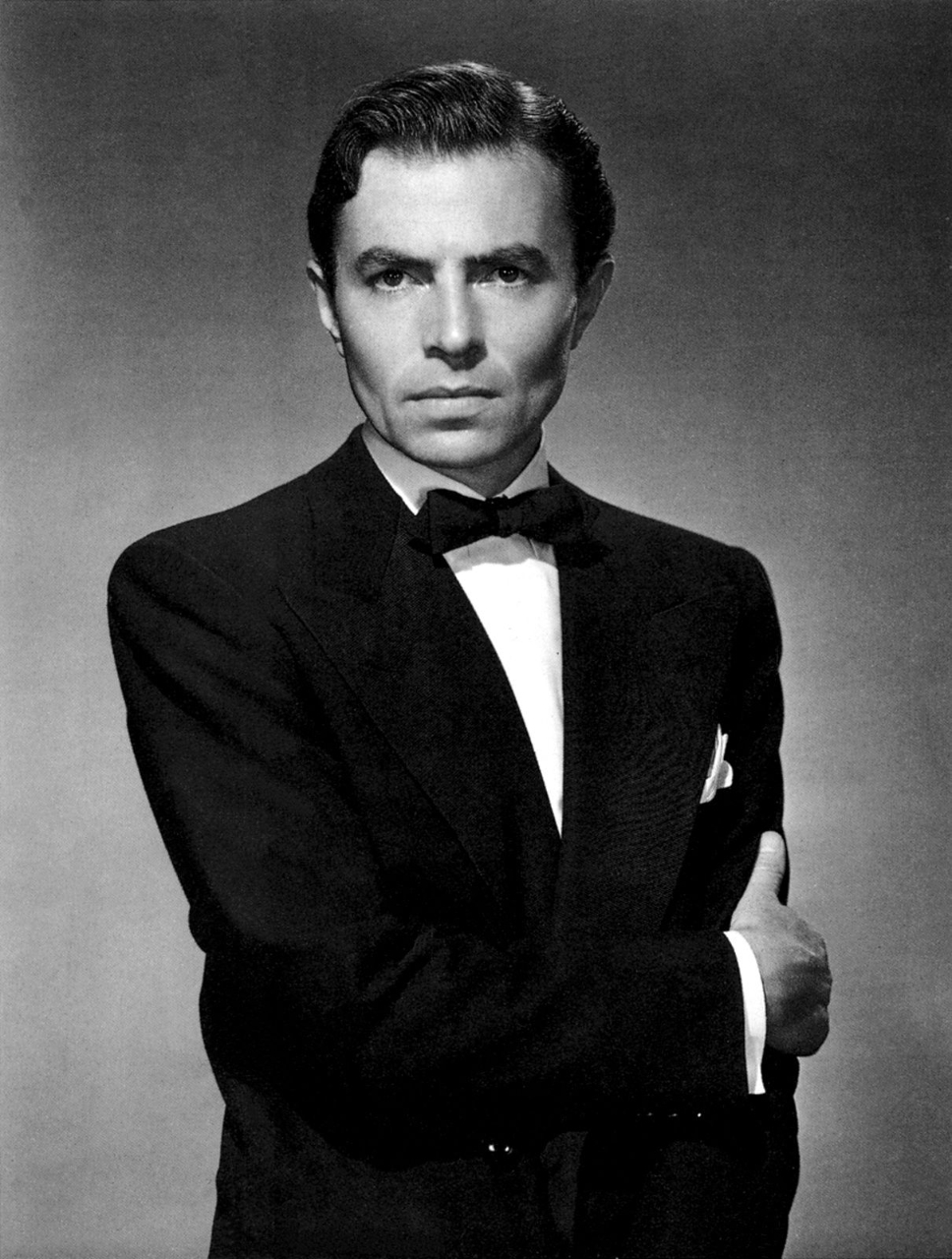
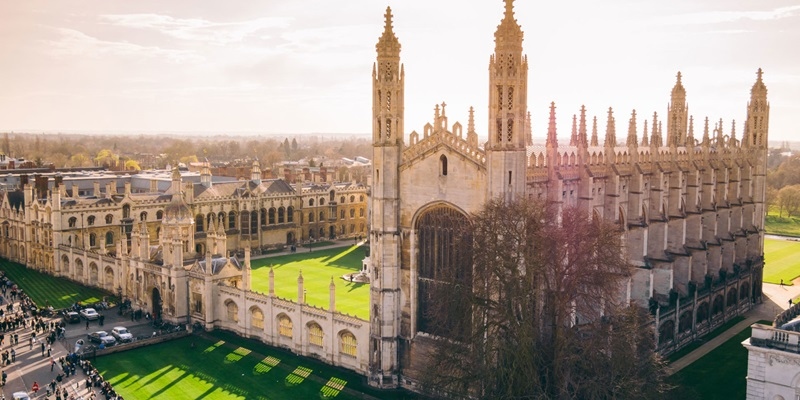

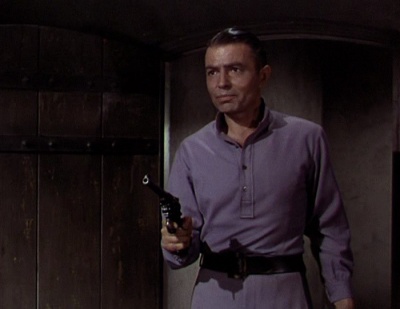
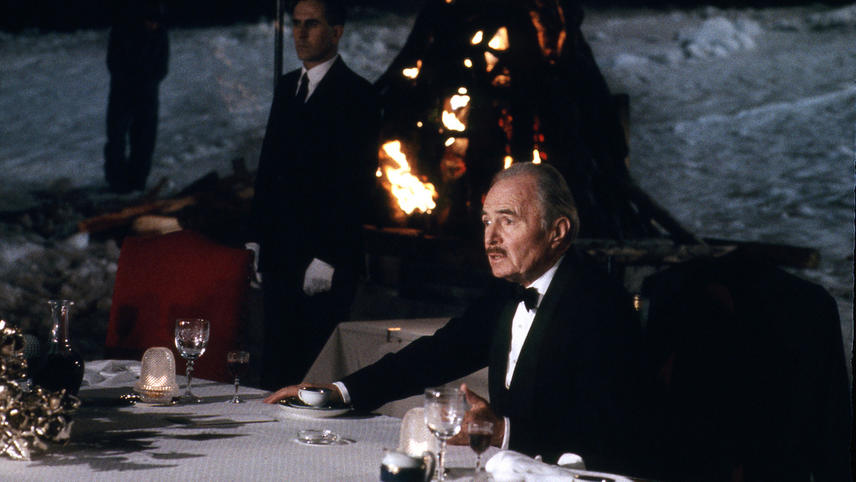
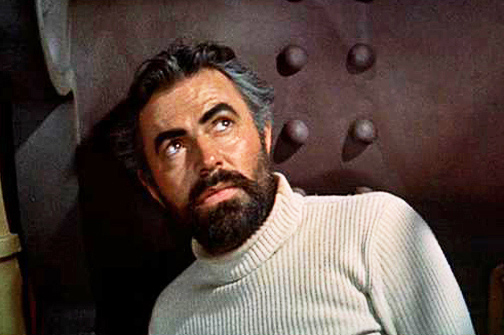
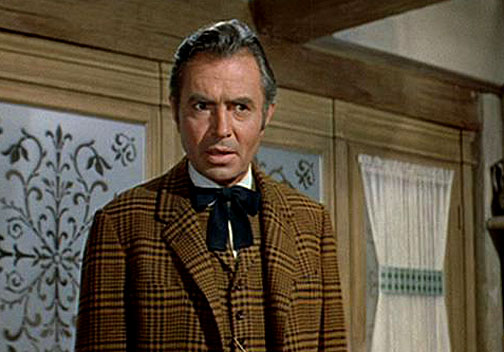










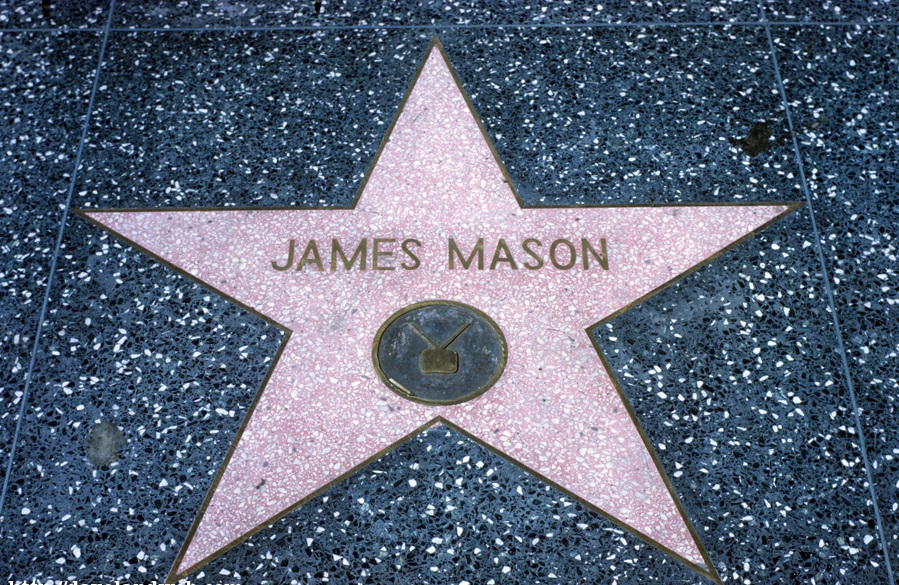

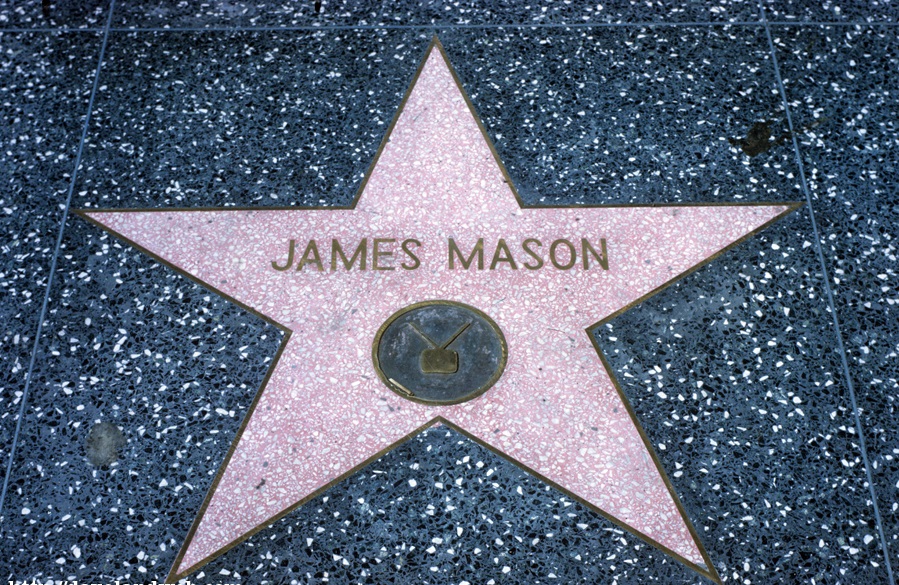
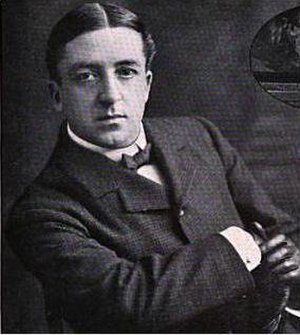
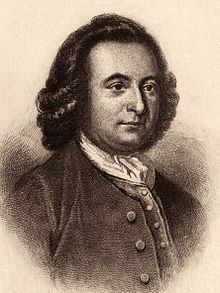
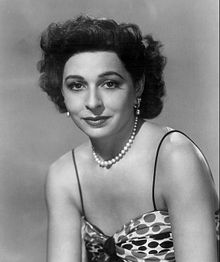
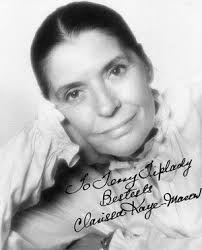
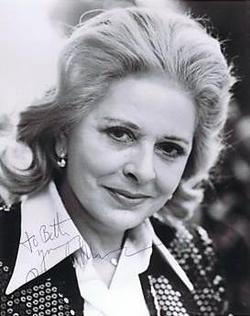


Mason was born om May 15, 1909, in Huddersfield, in the West Riding of Yorkshire. He was the son of Mabel Hattersley (Gaunt) and John Mason. His father was a wealthy textile merchant.
He was educated at Marlborough College, and earned a first in Architecture at Peterhouse, Cambridge, where he became involved in stock theatre companies in his spare time.
Mason had no formal training in acting and initially embarked upon it for fun.
Following his graduation from Cambridge University, Mason seemed poised for a career in architecture, but the experience of acting in several of Cambridge's dramatic productions prompted him to more thoroughly explore performing. West End exposure led to Mason appearing regularly at the Old Vic Theater in London and with the Dublin-based Gate Theatre Company. He made a very inauspicious movie debut in a 1933 movie directed by Alexander Korda, who fired Mason not long into shooting and recast his role. Thus, Mason's official cinematic bow actually came two years later in the low-budget crime drama "Late Extra" (1935), but the intelligent and well-spoken young actor quickly progressed to starring roles in other "Quota Quickies," along with supporting assignments in grander efforts like "Fire Over England" (1937) and "Return of the Scarlet Pimpernel" (1937). He also became one of the first British actors seen on the brand new medium of television when he was featured in a handful of live dramas broadcast on the BBC in 1938 and 1939.
Mason raised some eyebrows by registering with the British government as a conscientious objector, a move that alienated him from his family for a number of years. Following some additional stage work, he really began to hit his stride in the movie world via roles in pictures like "The Night Has Eyes" (1942) and "Thunder Rock" (1942). Genuine notoriety came via his sadistic upper class antagonist in "The Man in Grey" (1943), and subsequent turns in "The Seventh Veil" (1945) and "The Wicked Lady" (1945) further solidified Mason's reputation and popularity with audiences. He was also particularly well utilized as a determined I.R.A. member in Carol Reed's superb thriller "Odd Man Out" (1947). Thanks to projects such as these, Mason was voted the most popular British star from 1944 through 1947. He eventually succumbed to overtures from Hollywood and relocated to America, but opted to remain a free agent, rather than be locked down by the often restrictive Hollywood contract player system of the time. Mason also accepted an invitation to perform on Broadway, portraying David in the play "Bathsheba" (1947).
However, movies remained his primary focus and Mason would not return to the Great White Way for more than 30 years. Wife Pamela Mason was one of his co-stars in "Bathsheba" and the pair authored the humorous and affectionate book The Cats in Our Lives (1949). Although he occasionally returned to England for local productions, Mason concentrated mainly on Hollywood assignments, which earned him snooty criticism from former colleagues who felt that he was more concerned with money than advancing himself as an actor. Mason copped to the financial incentive years later in an interview, but still showed them up with a series of excellent performances in some fine films, beginning with his turn as celebrated tactician Field Marshall Erwin Rommel in the World War II drama "The Desert Fox: The Story of Rommel" (1951). He was also strikingly good as a valet selling secrets to the Nazis in the superior spy thriller "5 Fingers" (1952), made for the perfect embodiment of Brutus in Joseph L. Mankiewicz's all-star version of "Julius Caesar" (1953), and impressed once again via an encore as Rommel in "The Desert Rats" (1953).
Mason's brilliant, but fanatical Captain Nemo ranked among the highlights of Walt Disney's big-budget epic "20,000 Leagues Under the Sea" (1954) and the actor earned an Academy Award nomination for his moving performance as alcoholic fallen star Norman Maine in the first remake of "A Star is Born" (1954), co-starring an equally magnificent Judy Garland. That year, Mason also made another rare return to the stage when invited by Canada's Stratford Festival to star in their productions of "Measure for Measure" and "Oedipus Rex." In the wake of middling reviews, he decided to return to movies and deftly rode an emotional rollercoaster in "Bigger than Life" (1956), an early depiction of prescription drug addiction that found Mason convincingly swinging from wild euphoria to paranoia induced threats of violence.
As he progressed further into middle age, Mason became a much desired character player. He gave one of his most understated and wholly effective performances as the cultured villain responsible for Cary Grant's travails in Alfred Hitchcock's classic "North by Northwest" (1959) and Mason's customary degree of authority and persuasiveness helped viewers to overlook the occasional juvenile silliness of "Journey to the Center of the Earth" (1959). In the midst of all that activity, Mason suffered a heart attack in 1959, but had no lasting ill effects and soon resumed working. He gave a remarkable (and remarkably brave) turn as pathetic pedophile Humbert Humbert in Stanley Kubrick's controversial adaptation of "Lolita" (1962). During that time, Mason moved to Switzerland, citing tax concerns as one of the main factors in his decision, but he was also candid in his dislike of Los Angeles and the whole nature of Hollywood.
In need of money, Mason agreed to appear in some less than stellar films in the years that followed, but also continued to operate at the height of his craft in more ambitious fare like the historical adventure "Lord Jim" (1965) and the hit romantic comedy "Georgy Girl" (1966), for which he earned a second Oscar nomination. Luckily for Mason, much of the worst work he did during that era - notably, the disastrous 1970 black comedy "The Yin and the Yang of Mr. Go" - was not widely seen. However, that was not always the case. In regards to the spaghetti Western "Bad Man's River" (1972), Mason stated that he had signed on to the lowbrow action comedy for some quick cash and a trip to Spain. Thinking it would never be widely distributed, he was mortified when "Bad Man's River" got a large and well-publicized theatrical release in England.
Whatever damage was done to Mason's reputation by these weak movies was fairly minimal, thanks to the fine dramatic turns he continued to give in productions like the twisty movie industry mystery "The Last of Sheila" (1973) and the large scale made-for-TV feature "Frankenstein: The True Story" (NBC, 1973). In keeping with the established pattern in the American phase of his career, that work was followed by his casting as a slave owner in the embarrassingly racist and inane exploitation film "Mandingo" (1975), perhaps the nadir of Mason's entire career. Good fortune soon smiled upon him again, however, and he was wonderful as an otherworldly bureaucrat in "Heaven Can Wait" (1978), Warren Beatty's popular remake of the 1940s classic "Here Comes Mr. Jordan" (1941), effectively unsettling as an exiled Nazi in "The Boys from Brazil" (1978), and offered an effectively contrasted Dr. Watson to Christopher Plummer's Sherlock Holmes in the underrated mystery "Murder by Decree" (1979).
After an absence from the stage of more than 20 years, Mason headlined the Broadway play "Faith Healer" (1979), but it attracted little notice and closed after only 20 performances. As the 1980s dawned, Mason published his autobiography entitled Before I Forget (1981) and gave his finest late career turn as Paul Newman's imposingly formidable courtroom foe in "The Verdict" (1982), earning a third and final Academy Award Nomination. When Paul Scofield broke his leg in an accident during the production of "The Shooting Party" (1985), Mason stepped in to replace the stage veteran as the lead in a middling adaptation of Isabel Colegate's novel about the change in British society brought about by World War I. "The Shooting Party" turned out to be Mason's final motion picture. He suffered a heart attack at his home in Vevey, Switzerland and was taken to the University Hospital of Lausanne, where he died on July 27, 1984. In his will, Mason left everything to Kaye-Mason with the understanding that Portland and Morgan Mason, the two children from his first marriage, would then receive what remained after her passing. However, when Kaye-Mason died in 1994, it was revealed that she had put Mason's £15 million estate into a trust apparently overseen by the Sathya Sai Baba religious sect. In November 2000, after much legal wrangling and more than 15 years having passed since his death, the children were able to claim Mason's ashes, which had been secured inside a bank vault in Switzerland. The actor's remains were then buried in a cemetery on the shores of Lake Geneva.
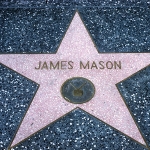
James Mason achieved considerable success in British cinema before becoming one of Hollywood's biggest stars. He is amongst a few actors to have reached the top spot in both the United Kingdom and the United States.
He was nominated for three Academy Awards, three Golden Globes (winning the Golden Globe in 1955 for A Star is Born).
Other awards won by him include National Board of Review Award for Best Actor for ‘Face to Face’, New York Film Critics Award for Best Actor for ‘A Star is Born’, Los Angeles Film Critics Association Award for Best Supporting Actor for ‘The Verdict’, London Film Critics Circle Award for Actor of the Year for ‘The Shooting Party’. He even received two BAFTA nominations in Best Actor category for ‘Lolita’ and ‘The Deadly Affair.’
Quotations:
How do I wish to be remembered, if at all? I think perhaps just as a fairly desirable sort of character actor."
"I'm a character actor: the public never knows what it's getting by way of a Mason performance from one film to the next. I therefore represent a thoroughly insecure investment."
"I purposely would not go and see the old version of "Here Comes Mr. Jordan." They told me my part was played by Claude Rains, for whom I have an infinite admiration, and I knew I would never be as good as him."
Talent, intelligence, versatility, independence, and enterprise made Mason’s career remarkable.
Mason was a devoted lover of animals, particularly cats. He and his wife, Pamela Mason, co-authored the book The Cats in Our Lives, which was published in 1949. James Mason wrote most of the book and also illustrated it. In The Cats in Our Lives, he recounted humorous and sometimes touching tales of the cats (as well as a few dogs) he had known and loved.
Mason was married twice. From 1941 to 1964 he was married to British actress Pamela Mason (née Ostrer) (1916–1996); one daughter, Portland Mason Schuyler (1948–2004), and one son, Morgan (who is married to Belinda Carlisle, the lead singer of the Go-Go's). Pamela Mason was widely reported to be a devotee of the Hollywood social scene and was frequently unfaithful to her husband. Nevertheless, she initiated divorce proceedings against him in 1962, claiming adultery on his part. This led to a $1M divorce settlement, and made a star of her attorney Marvin Mitchelson.
Then he married Australian actress Clarissa Kaye (1971–his death).
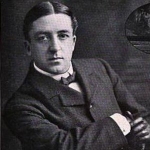
(April 4, 1766 – March 19, 1849)
He was an early American merchant, banker, officer (armed forces), and planter. As a son of George Mason, a Founding Father of the United States, Mason was a scion of the prominent Mason political family.
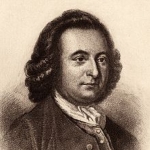
(December 11, 1725 – October 7, 1792)
He was a Virginia planter, politician and delegate to the U.S. Constitutional Convention of 1787, one of three delegates, together with fellow Virginian Edmund Randolph and Elbridge
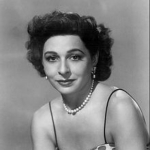
(10 March 1916 – 29 June 1996)
She was an English actress, author, and screenwriter, known for being the creative partner and first wife of English actor James Mason.
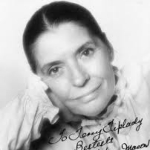
(2 August 1931 – 21 July 1994)
She was an Australian stage, film and television actress. She was the second wife (1971–84) of the British actor James Mason. After her marriage, she was often known as Clarissa Kaye-Mason.
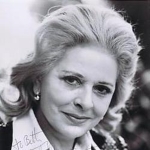
(b. 26 November 1948 – 19 May 2004)
She was an Anglo-American former child-actress.
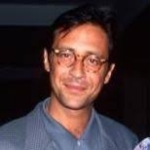
(b. 26 June 1955)
He is an American politician, film producer, and actor.
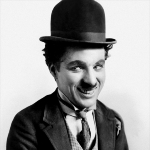
(16 April 1889 – 25 December 1977)
He was an English comic actor, filmmaker, and composer who rose to fame in the era of silent film. Chaplin became a worldwide icon through his screen persona "the Tramp" and is considered one of the most important figures in the history of the film industry.
